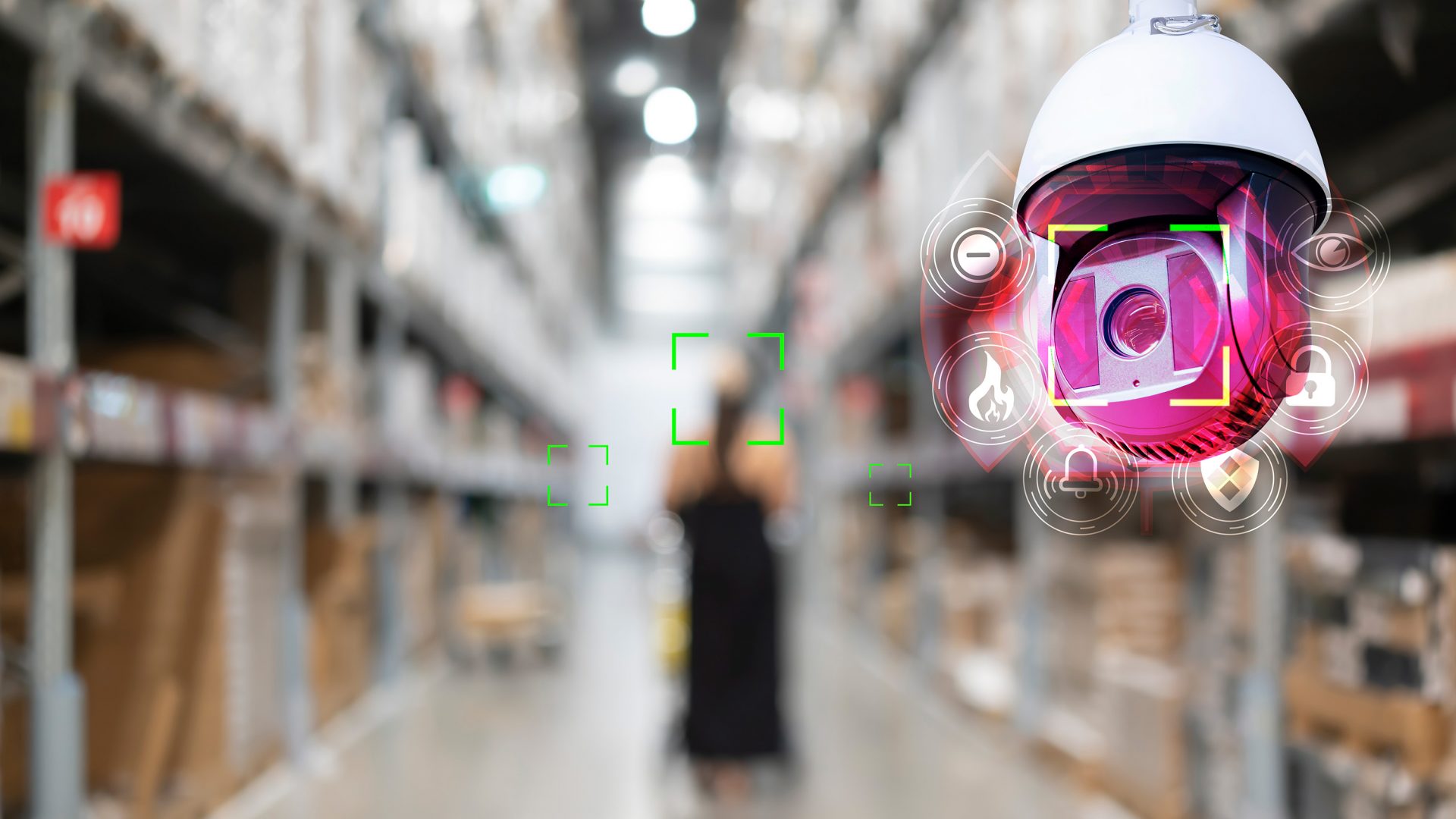

25 April 2023
Because of the impact of the pandemic and the economic disruption it caused, there rightly continues to be recognition for how important supply chain resilience is to both businesses and consumers. Less attention, though, is given to another critical factor that we at Menzies are very closely focused on – the security of the supply chain. If goods don’t reach their destination, business is disrupted, consumers are let down and things end up costing more than they should. The estimated cost to the economy of freight crime was a remarkable £428m in 2021.
The supply chain has always been a target for criminals wanting to obtain high value goods to sell on the black market as a means of generating cash, either for their personal enrichment or to fund other criminal activities. Thankfully, perhaps because Menzies takes a very proactive, considered approach to identifying and minimising risks for our people and the goods we transport, the number of thefts and other serious incidents we experience is relatively small. But the size of the challenge is significant, and probably underappreciated. And where incidents do occur, they can be serious and highly traumatic for those involved.
The sheer range of threats from criminals and the methods they use are eye-opening. ‘Curtain-slash’ thefts can involve organised groups using spotter vehicles to identify possible targets, calling in a team with a lorry to steal goods in bulk, perhaps using a ‘Trojan Horse’ method whereby they park very close to the side of the target vehicle, avoiding CCTV in the process, cutting through the side of the vehicle and transferring goods to theirs. On hard-sided vehicles they will attack door hinges and locks, even cutting metal panels out to gain entry.
They also try to force entry into warehouses and distribution centres with the aim of stealing vehicles to ‘clone’ and use in thefts, as well as to perpetrate ‘hook-up’ thefts of pre-loaded trailers using the vehicle they have stolen. ‘Jump-up’ thefts involve final mile deliveries to retailers. A criminal will climb onto the back of a vehicle when stationary in traffic, forcing access through the rear to steal high value items like tobacco. Some will go so far as to try a ‘Romanian rollover’ – climbing onto a lorry from another vehicle while moving at speed, cutting entry with an angle grinder, transferring goods back to their vehicle and clambering back across its bonnet – a crazy, highly dangerous thing to do for them but more importantly other road users. Criminals will also try to fraudulently collect goods, purporting to be a legitimate haulier, or attempt diversion fraud, pretending to be the receiving company and sending a delivery elsewhere. Then there is hijacking with the threat of violence, a rare but terrifying ordeal for the drivers who face it.
The list goes on and the challenge for logistics firms is ever evolving to keep ahead of the criminals. Technology plays its part, including scanning at all touch-points, vehicle CCTV systems, GPS tracking, and route planning to avoid predictable patterns, while maintaining efficiency and minimising environmental impacts. We’ve seen an increase in attempted fuel theft because of the cost-of-living crisis and price rises at the pumps, so on top of our anti-siphoning systems we are looking at introducing new technology to alert us if there has been any reduction in fuel while a vehicle is stationary. It is, though, ultimately careful risk assessment, planning, training and awareness raising that are fundamental to minimising risk and maintaining security through the supply chain.
While we at Menzies are doing all we can, it is clear to us that more can be done at national and local levels to help combat the criminals. For example, freight theft needs to be logged accurately by police, so that we can get a proper handle on its prevalence and trends. At the moment, the theft of £500,000 worth of freight goods is logged in the same category as a handbag from a car. Lighting and security at truck stops also needs to improve. Recently announced government funding for roadside facilities is very welcome, but we hope security will be a key consideration in assessing bids for money, and that the impact of that investment will be closely monitored.
Frustratingly the criminal gangs currently see freight theft as low risk and high reward. That needs to change, with tougher sentences and effective sentencing guidelines for those caught and prosecuted. Sadly, though, too few are. While we understand the numerous pressures they face, we believe that police forces across the country need to treat these crimes more seriously. Too often we’ve heard of cases where, unless there was actual violence or the threat of it against a driver, the police have been disinterested or slow to act.
If all stakeholders within the supply chain work together to share intelligence and best practice, investigate incidents and develop effective sanctions, we will be better placed to maintain the security of the supply chain, deny organised crime a source of funding and ensure the costs of this illegal activity don’t land on law-abiding businesses and consumers.